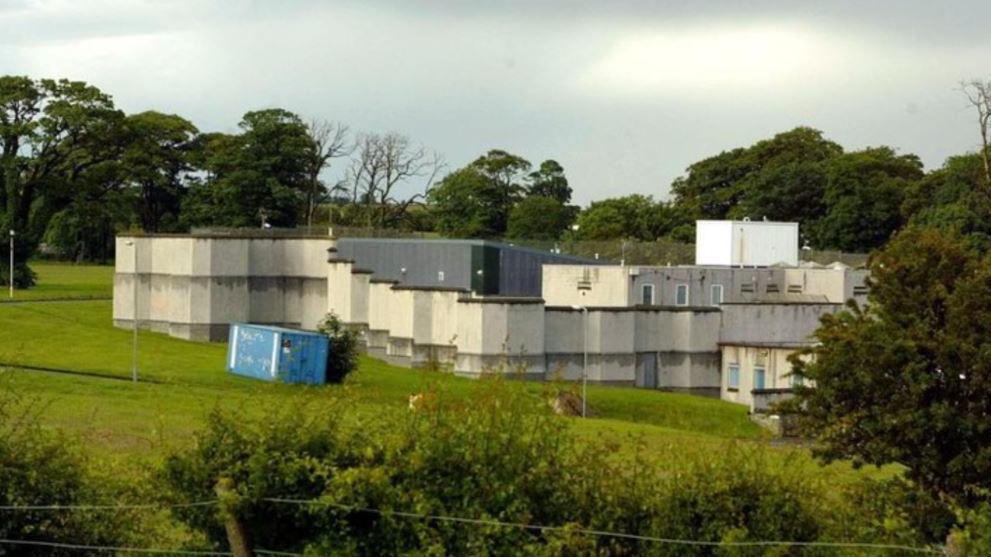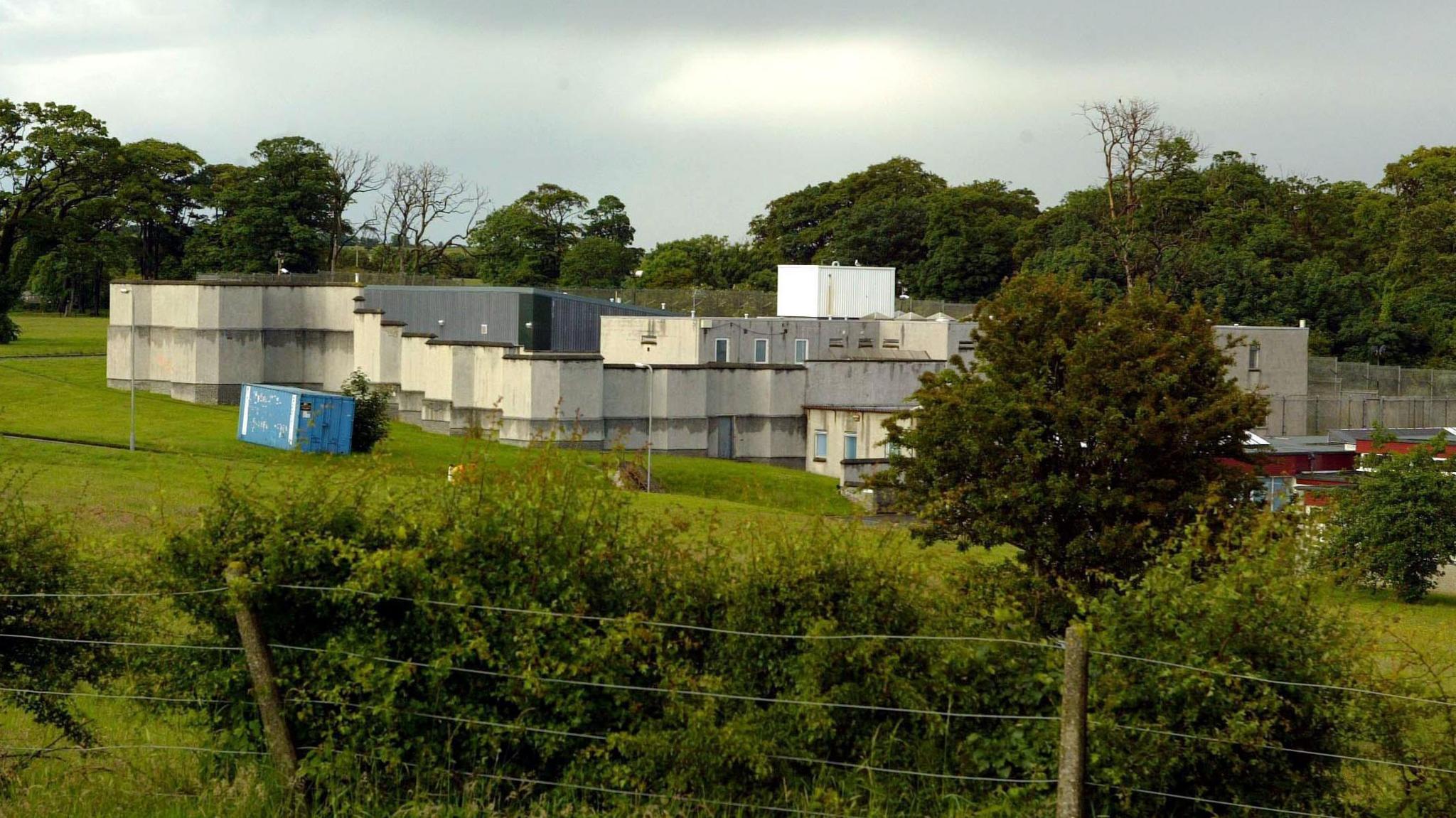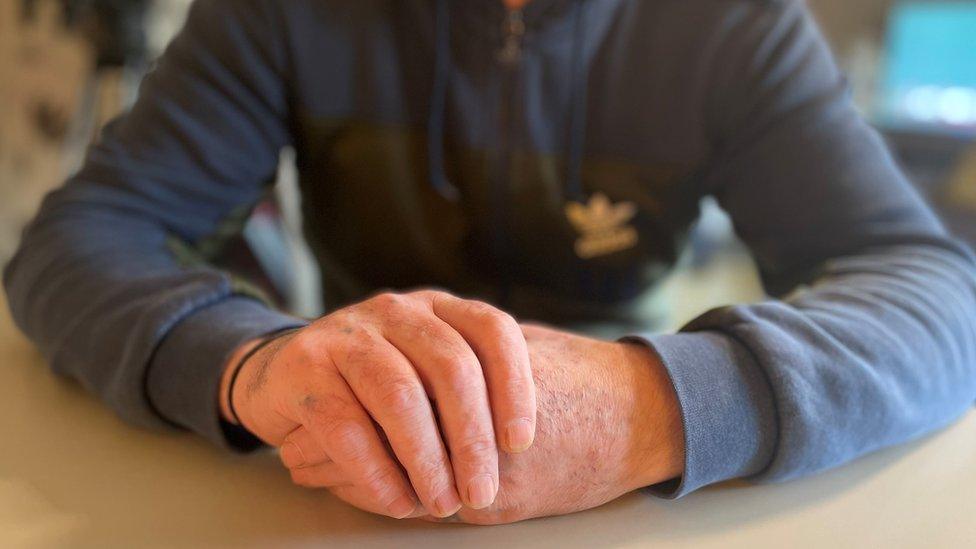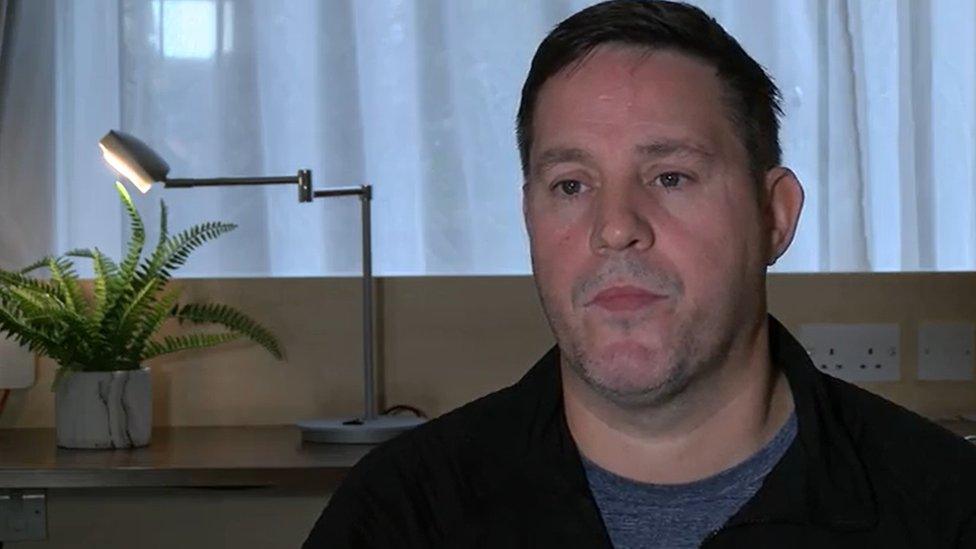Police declare 'critical incident' over school's historic abuse

Kerelaw residential school in Stevenston, North Ayrshire, closed in 2006
- Published
An inquiry into alleged historical abuse at a former residential school has been declared a “critical incident” by Police Scotland.
Operation Chalk is examining claims of physical and sexual abuse at Kerelaw School between the 1970s and 2000s.
Police confirmed the operation was declared as critical earlier this year “due to the resources required and the complexity of the investigation”.
Ten people were arrested this year in connection with alleged abuses at the Ayrshire school, which closed in 2006.
Assistant Chief Constable Steve Johnson said officers have been investigating since new allegations were reported in 2015.
He said: “As the inquiry has progressed additional specialist resource has been invested to ensure the best possible outcome for the victims in this case.
“There have been a number of further arrests made in recent months in relation to this investigation and we continue to work with the Crown Office and Procurator Fiscal Service.”
Council-run Kerelaw opened in 1970 and was run as a residential unit for boys before becoming co-educational. A mixed sex secure unit was added in 1983.
The Stevenston site catered for young people with complex behavioural, emotional and psychological needs – some of whom had been involved in petty crime or substance use.
The main school closed in 2004 but the secure unit stayed open until 2006.
What makes incidents 'critical'?
Police Scotland can declare an incident as critical when “the effectiveness of the police response is likely to have a significant impact on the confidence of the victim, their family and/or the community”.
The force’s critical incident management guide, external was published after a freedom of information request in 2021.
The guidance states that “major incidents” such as rapes and murders can sometimes be considered “critical” due to casualty numbers and media interest.
It adds: “However, critical incidents may only involve few people, few or no casualties and may well be a single agency response.
“Therefore a critical incident will not necessarily be categorised as a major incident.”
A police spokeswoman said the Kerelaw case has been declared critical due to “length of time the investigation has been running and the impact this may have on the victims and the community”.
Historic allegations
Last January, former teacher Matt George and care worker John Muldoon were jailed for a total of 28 years for physically and sexually abusing children at Kerelaw between the 1970s and 2000s.
It was the second time the pair had been convicted of abuse at the school.
Earlier this month, Police Scotland confirmed 10 new arrests had been made in connection with abuse allegations at the school.
The force confirmed seven men and three women – aged between 52 and 77 – were questioned about the treatment of youngsters there.
The Crown Office and Procurator Fiscal Service later confirmed it had received reports relating 10 individuals.
A 2009 report by Glasgow City Council – which had taken over the school from the old Strathclyde Regional Council – found Kerelaw had been badly managed.
Evidence about the school was also heard by the Scottish Child Abuse Inquiry in March. Evidence about council run residential facilities is still being heard.
Related topics
- Published4 October 2024

- Published2 December 2022

- Published31 January 2023
